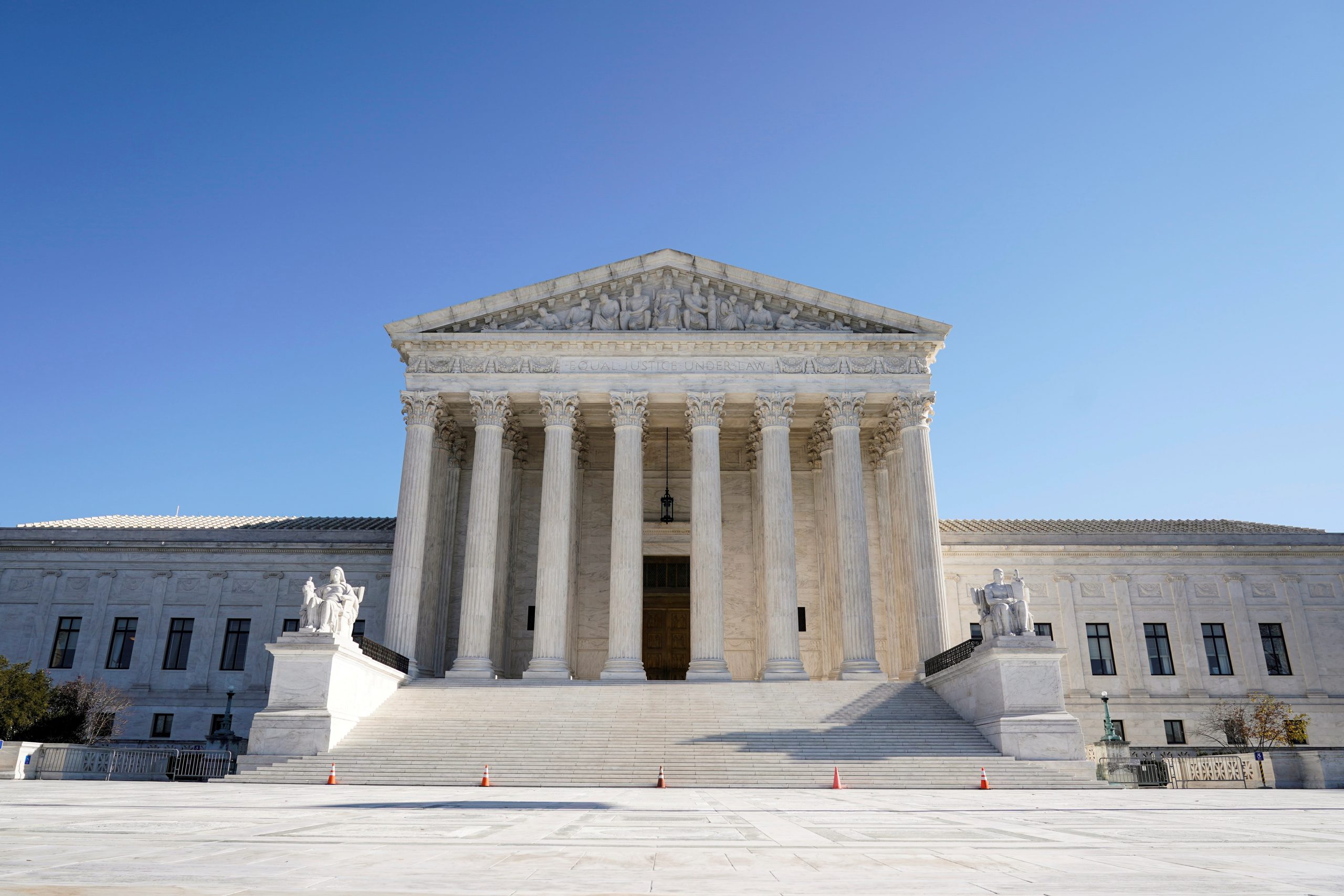
Lauren Moye, FISM News
[elfsight_social_share_buttons id=”1″]
When the Supreme Court ruled that there is no constitutional right to an abortion, it triggered restrictive abortion laws in multiple states to come into effect. Kentucky was one of the states with a ban on abortions. On Friday, a circuit judge extended a block against this law and the more recently passed heartbeat law.
Jefferson County Circuit Judge Mitch Perry previously placed a temporary injunction on the laws on June 30 while he considered the case. Yesterday’s ruling means he agrees with two abortion clinics that the laws likely violate the state constitution.
Kentucky Attorney General Daniel Cameron called the decision “disappointing” and promised to appeal. He added, “The Judge’s suggestion that Kentucky’s Constitution contains a right to abortion is not grounded in the text and history of our state’s governing document.”
In the 20-page ruling, Perry suggested that abortion does not need to be directly mentioned to be protected by the Constitution. He wrote, “The inquiry does not end simply because the word ‘abortion’ is not found in the Kentucky Constitution. The Court must protect more than just the words explicitly enumerated on the page in order for the purpose behind the words to have effect.”
Accordingly, Perry found that “there is a substantial likelihood that these laws violate” rights to privacy and self-determination. Perry also found the wording of the abortion ban to be vague and a possible delegation of duty to the Supreme Court.
The battle for an abortion ban in Kentucky has taken a winding and, at points, shocking path as a state with a conservative congress but a liberal governor. Before the Dobbs decision, conservative Kentucky lawmakers attempted to pass a more restrictive abortion law only for left-leaning Governor Andy Beshear to veto the legislation.
The Bluegrass State overruled Beshear’s veto on abortion and six other bills in a single day. The highly public rebuke meant that Kentucky law included an abortion ban after 15 weeks for any reason and limits on abortions performed on minors.
Kentucky abortion laws have also been at the center of a rare, nearly unanimous Supreme Court decision. In March of this year, SCOTUS justices voted 8-1 to allow the state attorney general to defend an abortion law that prevents the dilation and evacuation (D&E) procedure on live fetuses. This process, performed on second-trimester fetuses, often results in the dismemberment of the unborn child.
A lower district court previously ruled against the law. However, an appeal never happened when Beshear’s administration declined to defend the law. The Supreme Court decision means Kentucky has another chance to overturn the lower court’s block on the law.
After Roe v. Wade’s reversal on June 24, many states have seen legal challenges to prevent restrictive abortion laws or bans from coming into effect. FISM published an update earlier this week on how abortion laws are looking across the states now that they have regained authority to govern the industry.
